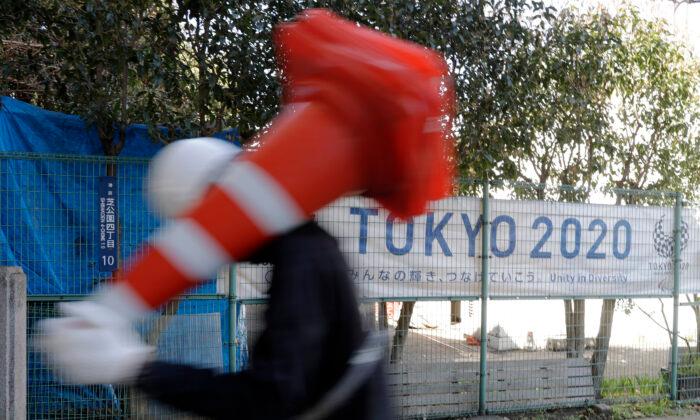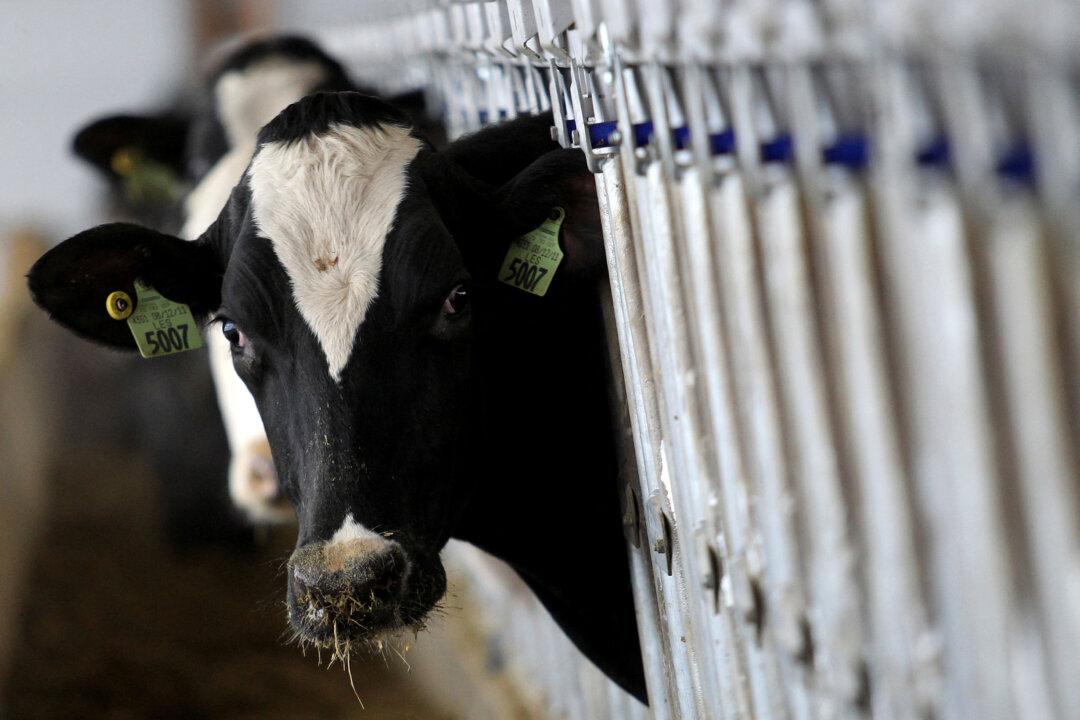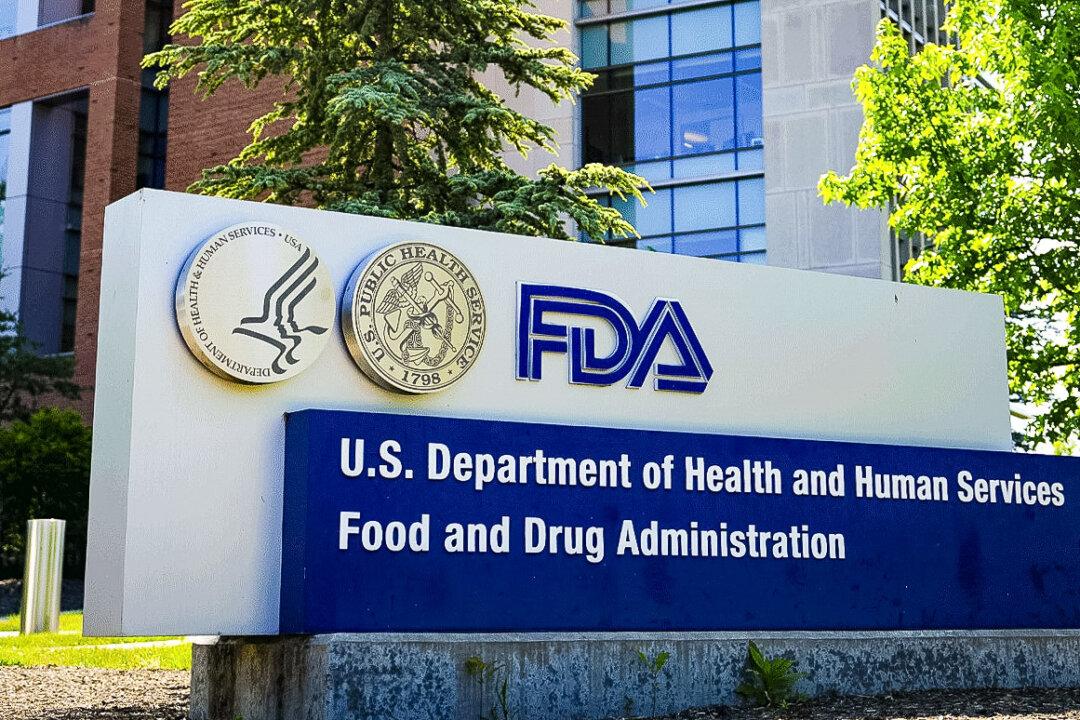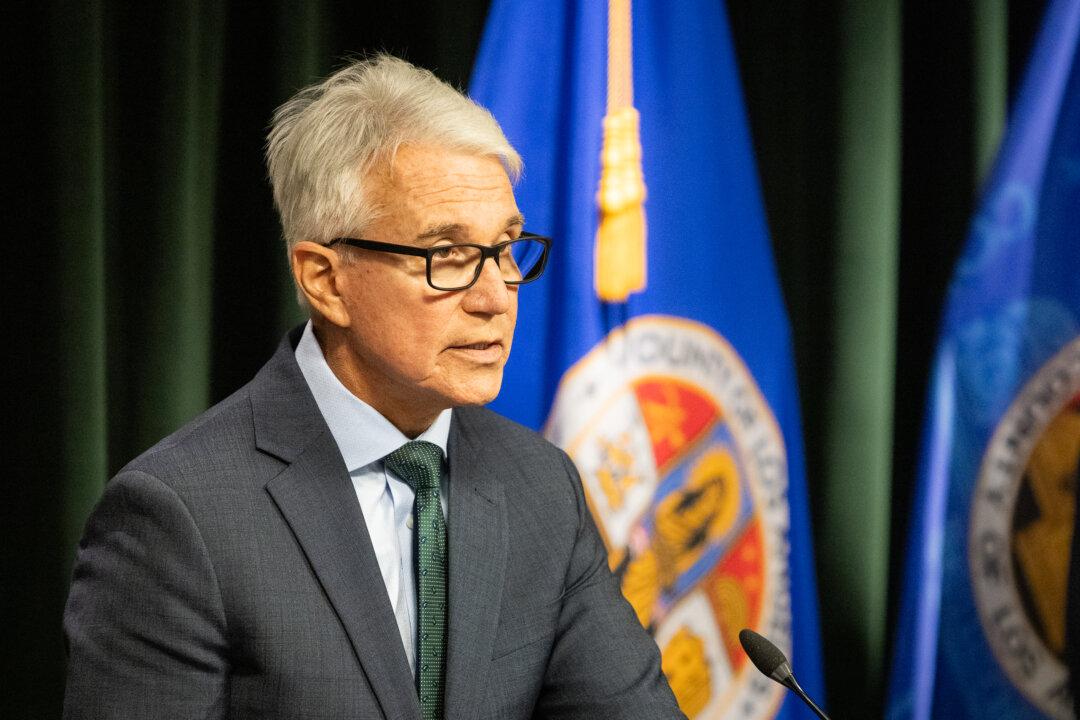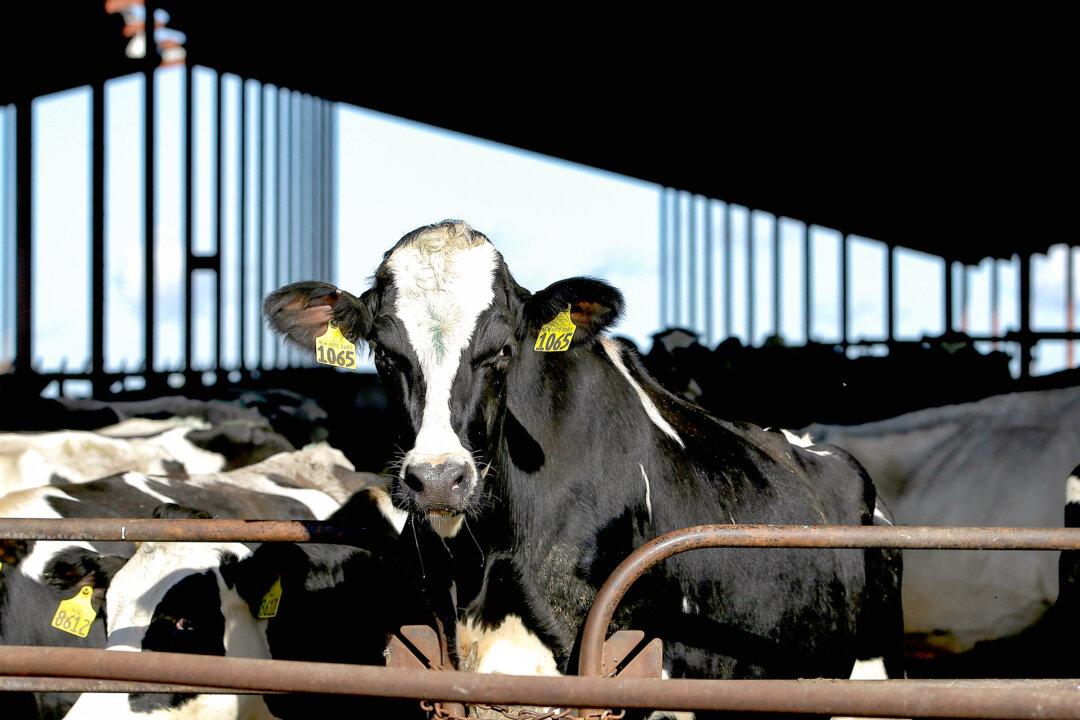USA Swimming urged the United States Olympic and Paralympic Committee (USOPC) to push for a delay of the 2020 Tokyo Games because of the CCP virus pandemic.
Tim Hinchey III, CEO of USA Swimming, told USOPC head Sarah Hirshland that the top priority should be the health and safety of athletes, coaches, staff, and volunteers.
“Our world class swimmers are always willing to race anyone, anytime, and anywhere; however, pressing forward amidst the global health crisis this summer is not the answer,” he wrote in a letter.
“The right and responsible thing to do it to prioritize everyone’s health and safety and appropriately recognize the toll this global pandemic is taking on athletic preparations,” he said.
With athletes around the world experiencing disruptions because of the virus, the competition at the Olympics, if it does take place as scheduled, could be on an uneven playing field, Hinchey asserted, calling for a one year delay.
Most of Japan’s Olympic organizers and the International Olympic Committee have repeatedly dismissed calls to delay or cancel the games.
The letter came hours after USOPC essentially repeated the committee’s line—that while athlete safety was a top priority, it was too soon to employ drastic measures.
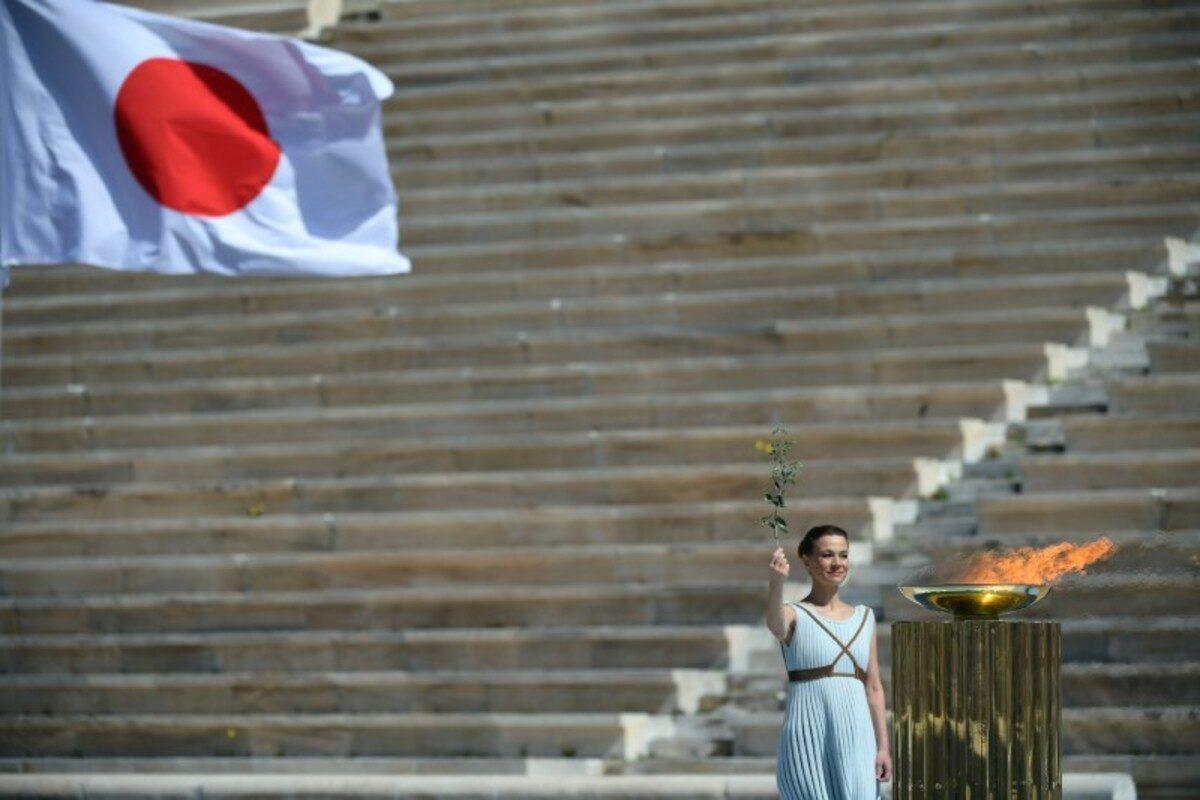
They showed no appetite for getting out front on the postponement issue, which is gaining more steam among athletes, some Olympic leaders and, now, one of America’s most high-profile national governing bodies.
“The decision about the games doesn’t lie directly with us,” said USOPC board chair Susanne Lyons. “It lies with the World Health Organization, the Japanese government and the IOC. Under no circumstance would the USOPC send athletes into harm’s way if it didn’t think it was safe.”
Left unsaid was the impact the USOPC’s voice could have in moving toward a postponement. In theory, no national Olympic federation has more power to alter the shape of an Olympics than the one in the United States, which brings 550 athletes and its billion-dollar broadcaster, NBC, to the show every two years.
Hirshland did not have any immediate reaction to the letter. At their earlier media availability, both she and Lyons reiterated much of what has already been said by IOC President Thomas Bach, whose most recent interview in The New York Times stated that plans are going forward for the Tokyo Games, whether they start July 24 or some other time.
Some American athletes have begun voicing concerns about the process, including pole vaulter Sarah Morris.
Asked about the possibility of a delay, Morris said it would be for the best.
“As much as it pains me to think of the years of planning every athlete has done to peak at the right time, I really do believe moving it to next year is the right call,” she wrote.
